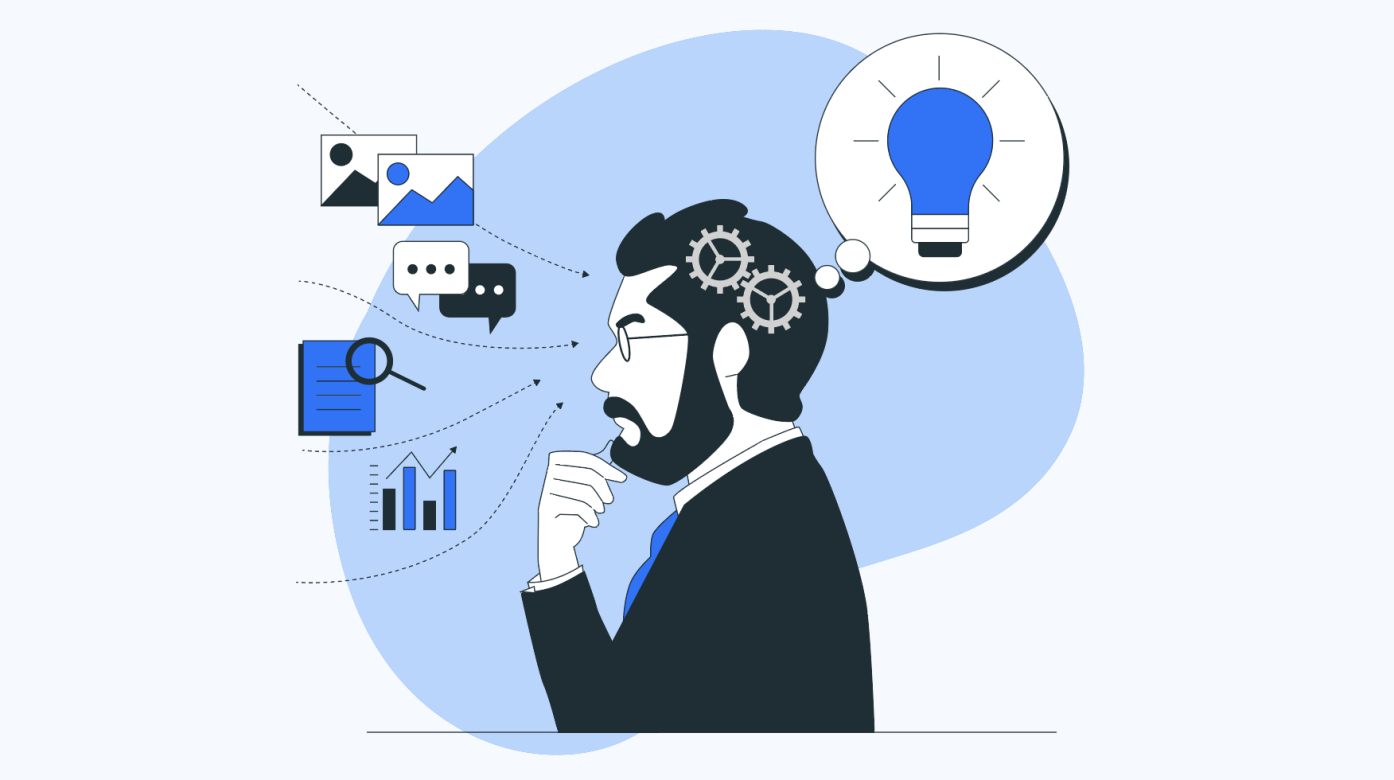In the fast-paced world of legal practice, the ability to manage one’s workload efficiently is crucial for success. Professionals often find themselves juggling multiple tasks, making it essential to utilize tools that facilitate better oversight of activities. By implementing advanced solutions designed for organization, law firms can transform their operational approach, leading to improved outcomes.
Utilizing innovative mechanisms allows legal experts to gain insightful perspectives on how time is allocated across various projects. This, in turn, enables them to identify areas for improvement and optimize their daily routines. The right tools can serve as a game-changer, providing essential data that informs decision-making processes.
Integrating these mechanisms ultimately empowers practitioners to maximize their effectiveness. As they harness the power of technology, legal professionals can focus on delivering exceptional services to clients while ensuring that their time is well spent. This strategic alignment not only elevates individual performance but also enhances the overall functionality of the practice.
Key Features of Time Tracking Software
A comprehensive solution for monitoring and managing billable hours encompasses various essential characteristics that streamline operations and enhance the overall workflow. These functionalities not only support the meticulous documentation of time spent on tasks but also facilitate better organization and accountability within a legal environment.

- Intuitive Interface: A user-friendly layout minimizes the learning curve and allows quick access to necessary features.
- Automated Entry: Eliminating manual recording by auto-logging activities saves time and reduces errors.
- Detailed Reporting: Generating comprehensive reports offers insights into performance and helps in evaluating the efficiency of various projects.
- Client Management: Integrating client data aids in accurately attributing hours worked to specific clients or cases.
- Mobile Access: Ensuring accessibility through mobile platforms enables professionals to record time on-the-go.
- Collaboration Tools: Features that allow teams to share updates and annotations foster communication and teamwork.
By implementing these pivotal attributes, firms can achieve greater clarity in their operations, ultimately leading to improved outcomes and client satisfaction.
Benefits of Efficient Time Tracking
Accurate monitoring of hours spent on tasks can significantly enhance the workflow within a professional environment. By keeping a close eye on the allocation of time, organizations can identify areas for improvement, streamline operations, and ultimately provide better services to clients. Understanding the advantages of proficient time management can lead to greater overall success in various fields.
Improved Resource Allocation
One of the primary advantages of meticulous time assessment is the ability to manage resources effectively. When professionals understand how much time is devoted to different activities, they can distribute tasks more smartly, ensuring that high-priority projects receive the attention they deserve. This leads to enhanced balance in workloads and helps prevent burnout among team members.
Informed Decision-Making
With precise monitoring, management can make evidence-based decisions regarding future projects and investment strategies. Insights derived from careful monitoring can highlight trends, revealing which types of tasks consume more time and which are more efficient. This data empowers leaders to refine processes, allocate budgets sensibly, and ultimately enhance the overall performance of the organization.
Integrating Software with Legal Practice
The incorporation of advanced systems into legal operations paves the way for seamless workflows and enhanced collaboration among peers. By harnessing innovative digital tools, professionals in the legal field can streamline their processes, ensuring that crucial tasks are completed with greater accuracy and speed. This holistic approach not only saves valuable time but also allows for a more organized and responsive practice environment.
One of the fundamental aspects of effective integration involves understanding the unique requirements of legal professionals. Researching and selecting appropriate tools that align with specific practice needs can significantly impact overall performance. Customization options offered by these solutions can facilitate a more tailored experience, accommodating individual practices and their workflows.
| Integration Benefits | Description |
|---|---|
| Increased Accuracy | Automating mundane tasks reduces the margin for human error in documentation and billing. |
| Enhanced Collaboration | Shared platforms enable team members to communicate effectively and work together on cases. |
| Centralized Information | All documents and case details can be stored in one location, simplifying retrieval and management. |
| Regulatory Compliance | Modern systems often include features that assist with adherence to industry regulations and standards. |
Ultimately, the success of software integration within a legal environment rests on continuous evaluation and adaptation to emerging technologies and best practices. Embracing change not only enhances daily operations but also prepares firms for future challenges and opportunities in an ever-evolving landscape.
Comparative Analysis of Top Solutions
In the realm of legal practice management, selecting the right tools can significantly influence operations. Evaluating various options allows professionals to identify features that best align with their specific needs.
Here, we will explore some prominent alternatives available in the market, considering factors such as usability, functionality, support, and pricing.
- Solution A
- User-friendly interface, ideal for those new to management systems.
- Comprehensive features including billing and reporting tools.
- Affordable subscription options suitable for small firms.
- Solution B
- Advanced analytics capabilities for performance insights.
- Customizable workflows that can adapt to diverse practices.
- Robust customer support with extensive documentation.
- Solution C
- Integration with various third-party applications.
- Mobile accessibility for managing tasks on-the-go.
- Higher initial cost but offers extensive features for larger firms.
Ultimately, making an informed decision will rely on understanding the unique demands of your practice and the specific advantages each solution offers.
User Experience and Interface Considerations
Creating an engaging and efficient experience for users is paramount in any application. A well-thought-out design not only enhances usability but also encourages users to fully embrace the tool’s features. When crafting a user interface, attention to detail can make a significant difference in overall satisfaction and effectiveness.
Key Elements of User Experience
- Simplicity: A clean and uncluttered layout allows users to navigate effortlessly, reducing the time spent searching for functions.
- Intuitiveness: Design should follow familiar conventions, making it easy for users to learn and operate the application without extensive training.
- Responsiveness: Fast load times and smooth transitions contribute to a seamless interaction, which is crucial for maintaining user engagement.
- Customization: Allowing users to tailor the interface to their preferences can enhance comfort and improve task efficiency.
Visual Design Considerations
- Color Scheme: A harmonious palette can evoke positive emotions and help differentiate between various functions. Ensure the colors are accessible to all users.
- Typography: Clear and legible fonts improve readability. Choose typefaces that fit the tone of the application while ensuring adequate sizes for different display types.
- Iconography: Meaningful symbols can replace text for quicker recognition of actions, aiding in faster comprehension.
- Feedback Mechanisms: Provide users with visual or auditory cues to confirm actions, which reassures them that they are on the right track.
Future Trends in Legal Time Management
The landscape of managing hours within the legal profession is undergoing significant transformation, driven by innovations in technology and shifting demands from clients. As the industry evolves, practitioners will embrace new methodologies and tools that enhance their operational capabilities while ensuring accuracy and accountability in their billing processes. Exciting developments on the horizon are set to redefine how professionals in the legal field manage their schedules and measure their contributions.

Integration of Artificial Intelligence
One of the most promising advancements lies in the integration of artificial intelligence into daily practices. Intelligent systems will not only assist in automating routine tasks but will also analyze behavioral patterns and identify areas for improvement. This proactive approach enables attorneys to allocate their time more effectively, enhancing both client satisfaction and internal workflow.
Emphasis on Real-Time Data
Another emerging trend is the increasing reliance on real-time data analytics. Professionals will benefit from immediate insights into their activities, allowing for prompt adjustments to their strategies. This dynamic form of engagement will foster a more agile environment, where decision-makers can pivot rapidly in response to changing circumstances. The focus on instantaneous information will empower teams to optimize resource allocation and fine-tune their efforts in delivering legal services.
Questions and answers: Lawyer time tracking software
What features should I look for in time tracking software for lawyers?
When selecting time tracking software for legal professionals, it’s essential to consider several key features. Firstly, look for automatic time tracking capabilities, which can simplify the process by recording time spent on tasks without manual entry. Secondly, ensure the software allows for accurate billable hour tracking to facilitate client invoicing. Integration with popular legal management systems, ease of use, and mobile accessibility are also critical. Additionally, features like reporting and analytics can help in assessing productivity and overall efficiency, making it easier to identify areas for improvement.
How can time tracking software improve my law firm’s productivity?
Time tracking software can significantly enhance productivity in a law firm by providing insights into how time is spent across various tasks and projects. With accurate tracking, attorneys can identify bottlenecks and streamline processes. The software can also simplify billing by automating invoice generation based on tracked hours, reducing the amount of time spent on administrative tasks. Moreover, by encouraging accountability and enabling lawyers to monitor their own time management, the software fosters a culture of efficiency that can lead to improved client service and increased profitability.
Is it worth investing in dedicated time tracking software for a small law firm?
Investing in dedicated time tracking software can be highly beneficial for a small law firm. While the initial cost may seem daunting, the long-term advantages often outweigh the expense. Such software can enhance billing accuracy, ensuring that every billable hour is accounted for, thereby increasing revenue. Furthermore, it helps in optimizing workflow by identifying inefficiencies, which can lead to significant time and cost savings. In the competitive legal market, having robust time tracking and management tools can provide a small firm with a distinct advantage by maximizing productivity and improving overall client satisfaction.
Can I use time tracking software to manage not just billable hours but also non-billable hours?
Yes, many time tracking software solutions are designed to manage both billable and non-billable hours effectively. This feature allows attorneys to categorize their time entries and gain a complete view of how their time is allocated. By tracking non-billable hours, such as administrative tasks, client communications, or training sessions, lawyers can identify areas where they can improve their time efficiency. Analyzing both types of hours can provide insights necessary for optimizing resource allocation, enhancing team productivity, and ensuring more accurate project assessments.
What are some popular time tracking software options for lawyers?
There are several popular time tracking software options specifically tailored for legal professionals. Some of the leading choices include Clio, which offers comprehensive legal practice management along with time tracking features. MyCase is another option that prioritizes user-friendliness and client communication alongside effective time management tools. TimeSolv and Bill4Time are also notable; they focus on billing and time management solutions designed for attorneys. Each software has its unique set of features, so it’s advisable to consider your firm’s specific needs and potentially take advantage of free trials before committing to a particular solution.
How can legal time tracking software help law firms improve billing accuracy?
Legal time tracking software is designed to help law firms track billable hours accurately, ensuring that attorneys and staff record all time spent on client work. This software helps categorize time entries as billable or non-billable, providing detailed time reports that are essential for precise billing. By using a time tracking tool, law firms can reduce missed billable hours and manage time and expenses more efficiently, ultimately increasing revenue and transparency.
What are the benefits of using a mobile app for tracking time on the go for lawyers?
A mobile app for time tracking allows lawyers to record time spent on tasks immediately, regardless of their location. This is particularly useful for lawyers who frequently work outside the office or attend client meetings, as it allows them to track time on the go and ensure accurate timekeeping. Mobile time tracking software also makes it easy to add time, manage time entries, and track billable hours in real time, enhancing the convenience and accuracy of time management for legal professionals.
Why is time and billing software essential for law firms?
Time and billing software is crucial for law firms because it streamlines the process of tracking time and expenses, ensuring that all billable time is accurately recorded and billed to clients. This software typically includes features for managing time and expenses, tracking billable and non-billable hours, and generating detailed invoices. By using time tracking and billing software, law firms can improve the efficiency of their billing process, reduce errors, and enhance client satisfaction with clear and detailed billing records.
What features should law firms look for when choosing the best legal billing software?
Law firms should consider legal billing software that includes time and expense tracking, easy categorization of billable and non-billable hours, and integrations with accounting software. An ideal solution for lawyers would offer a user-friendly interface, the ability to track time on the go, and robust reporting tools for generating time tracking data. Additionally, firms may benefit from choosing software that includes a timer function to help lawyers track time spent on specific tasks, enabling more accurate and detailed billing.
How does legal timekeeping software support the needs of legal professionals?
Legal timekeeping software is designed specifically to meet the unique time tracking needs of lawyers and attorneys. This type of software offers tools to accurately track time spent on various client tasks, categorize time entries, and manage billable time efficiently. By streamlining the time tracking process, legal timekeeping software helps legal professionals save time on administrative work, ensures accurate client billing, and provides law firms with reliable data on attorney time, allowing them to make informed decisions about workload and resource allocation.








